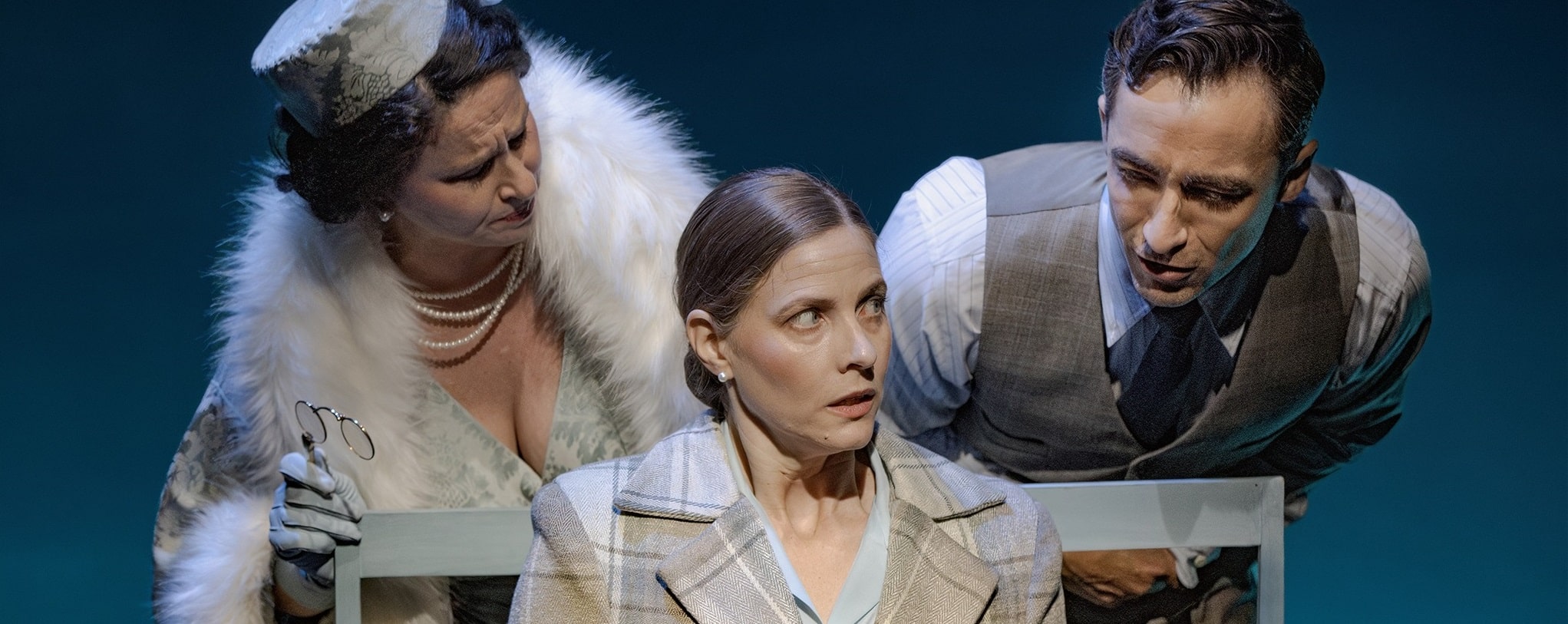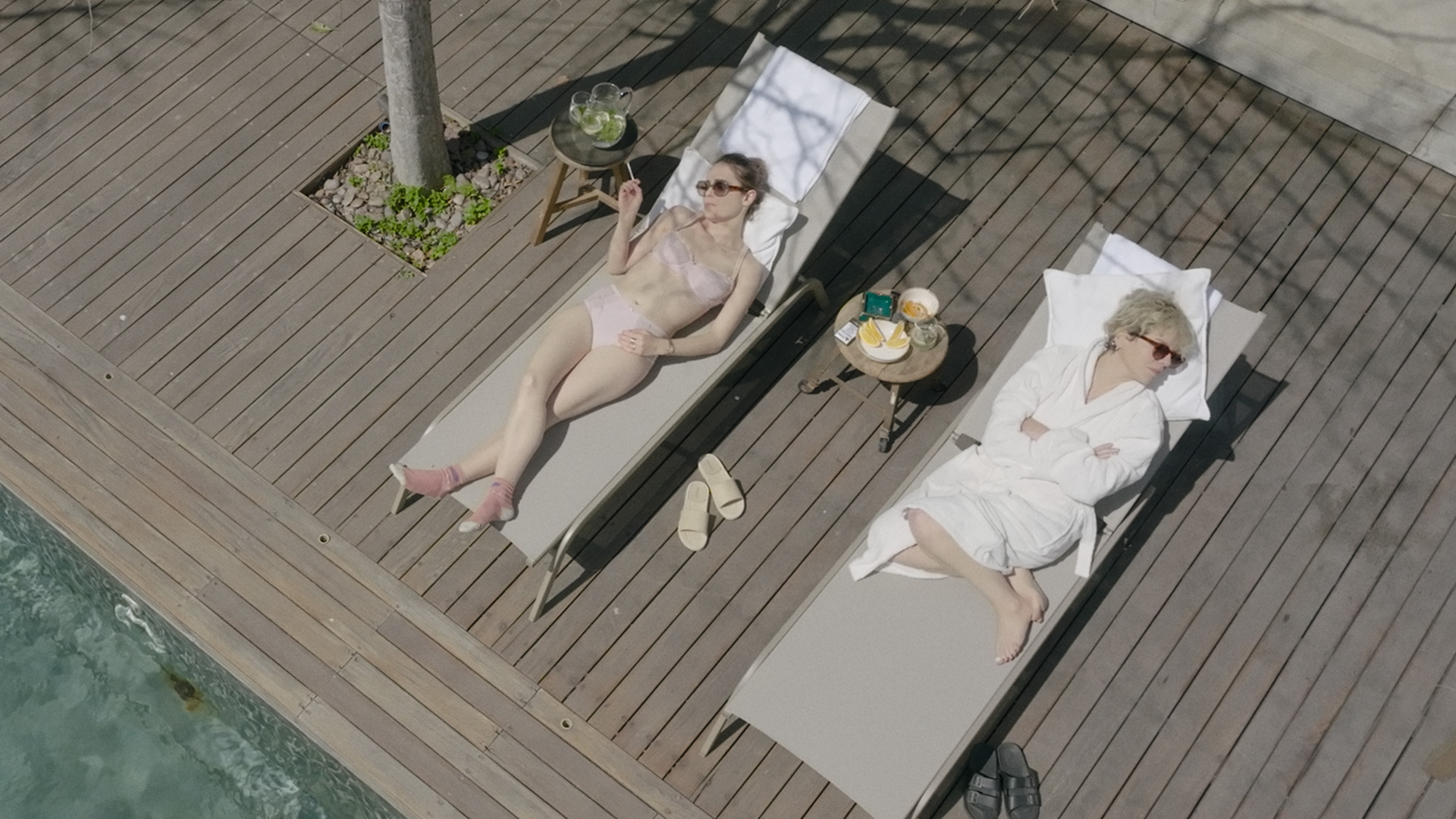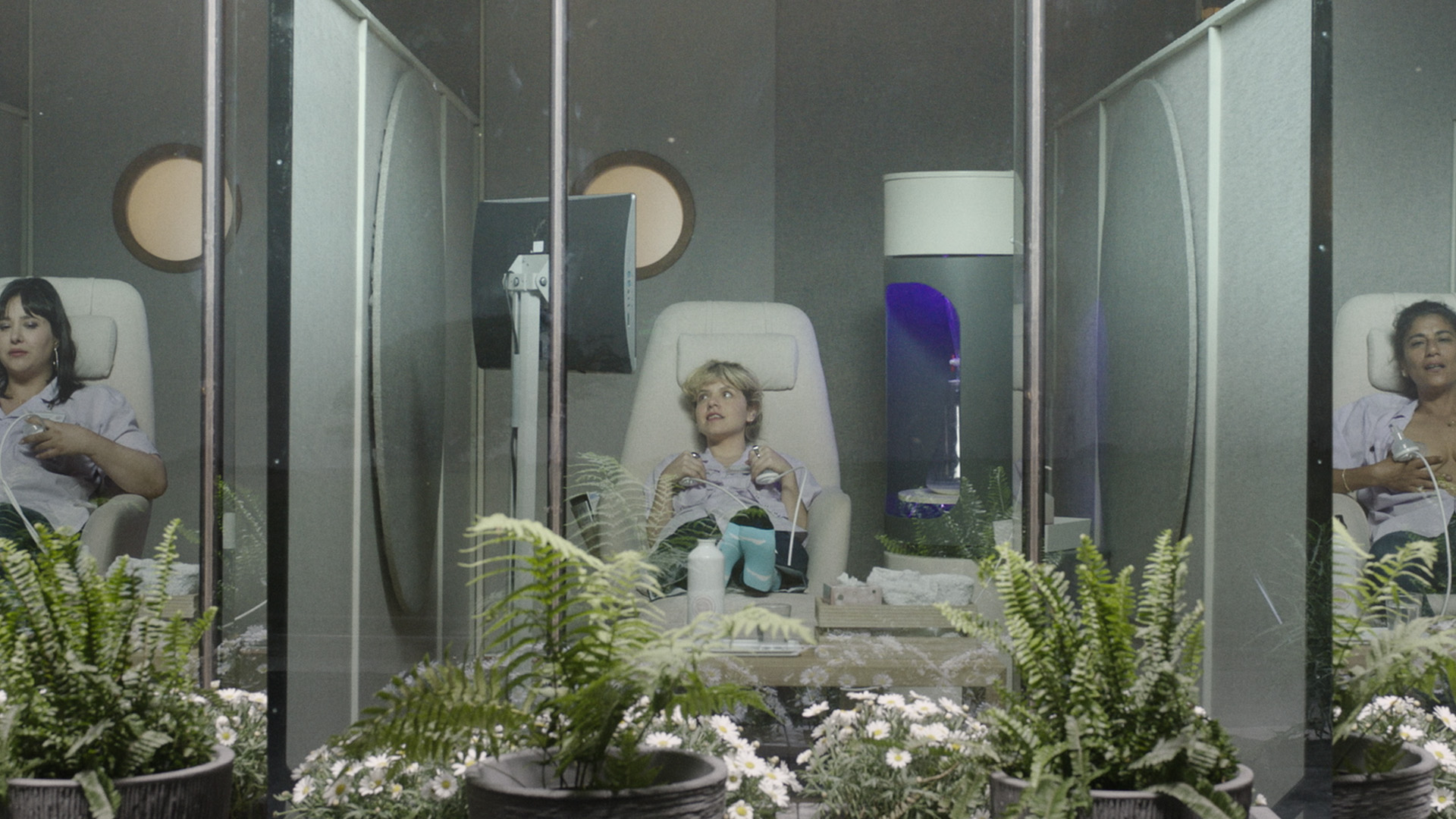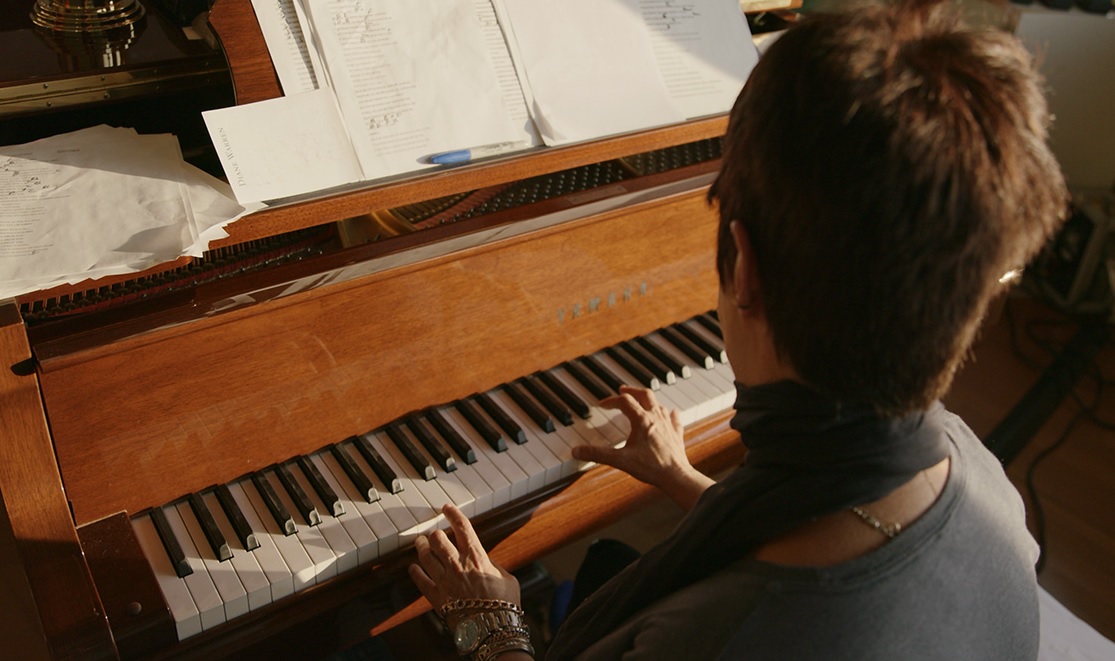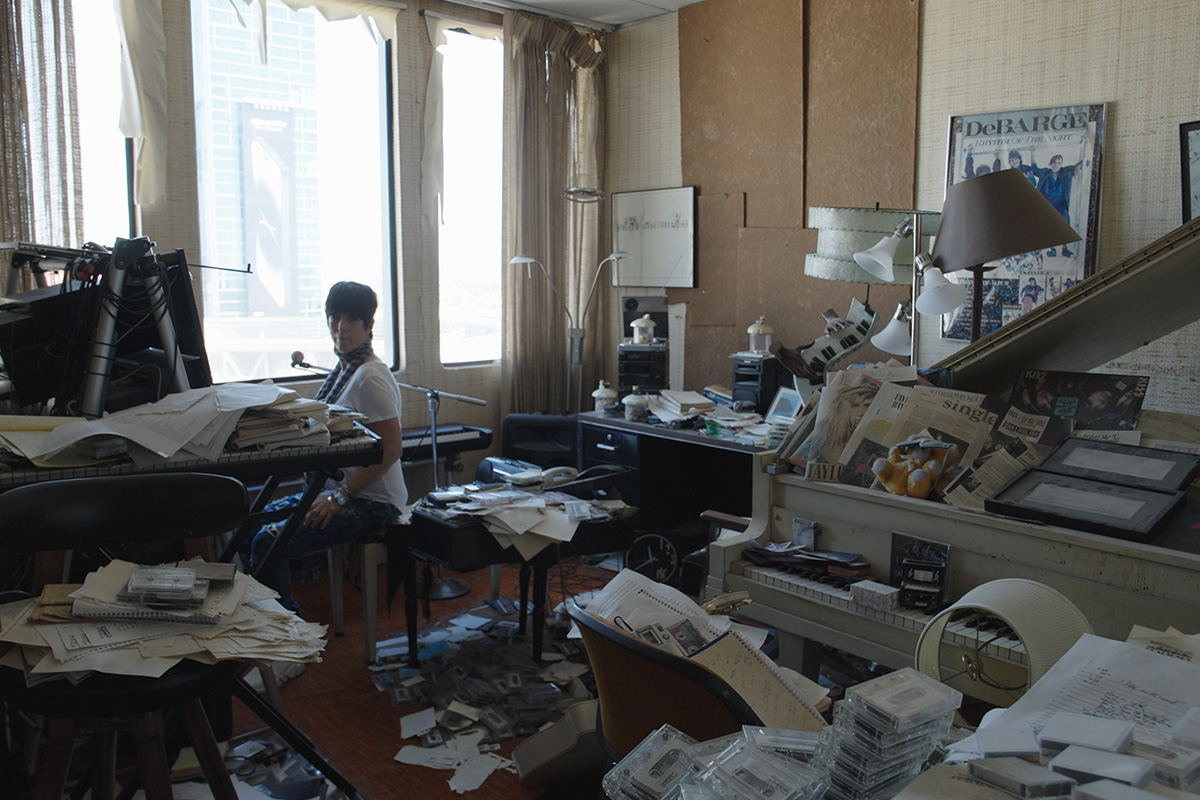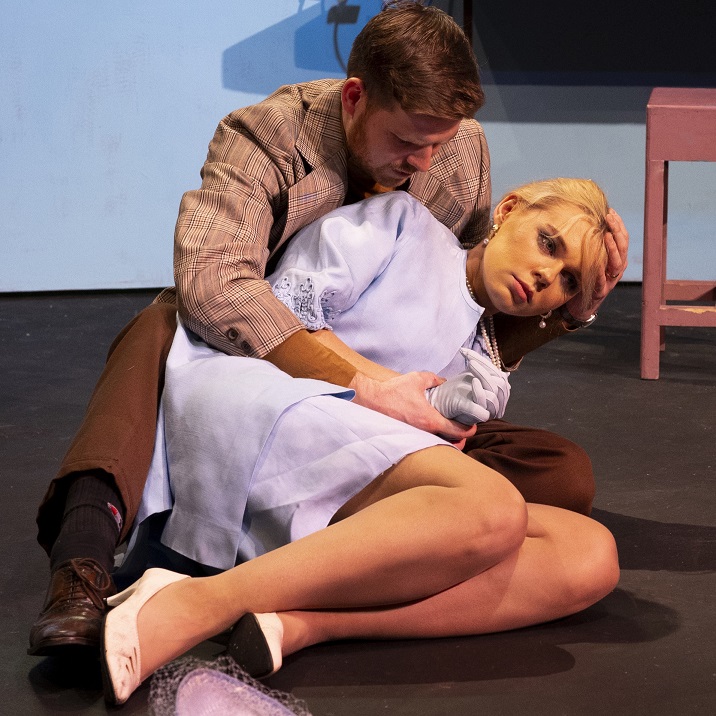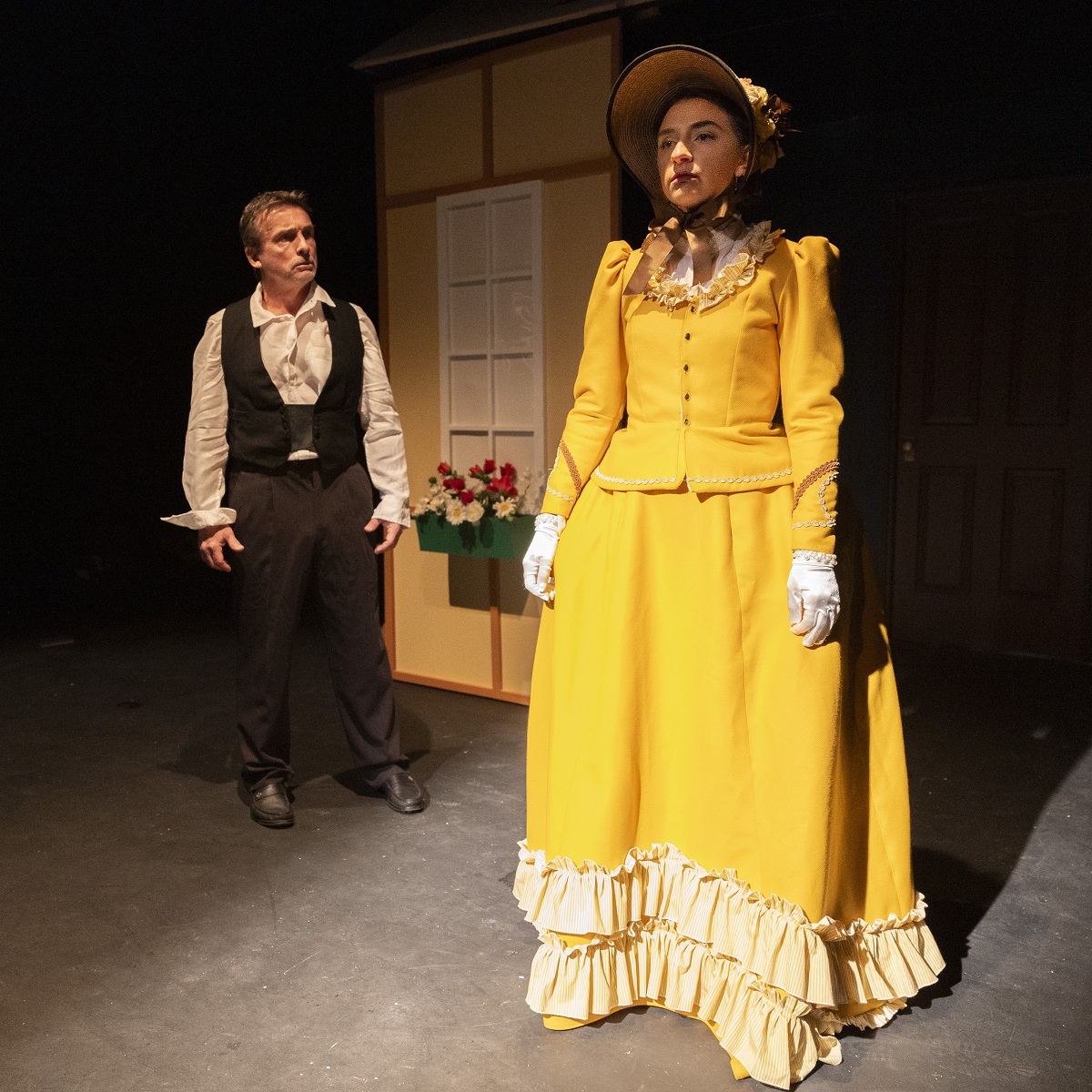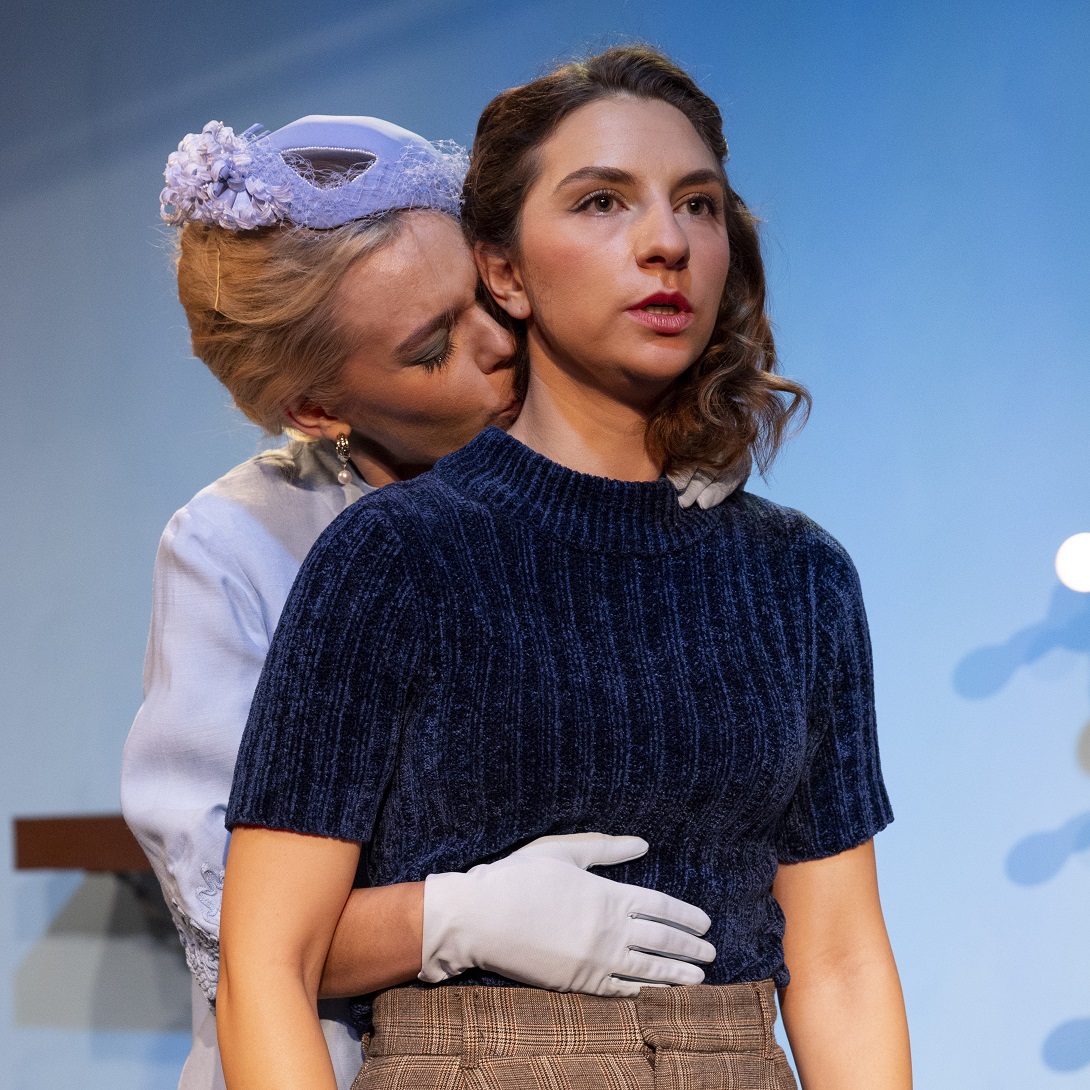‘The Queen’s Nanny’ opened in Wollongong on the 16th of October at the Illawarra Performing Arts Centre. Fresh from their world premiere season at Sydney’s Ensemble Theatre, ‘The Queen’s Nanny’ is a funny yet poignant story of Marion Crawford, or ‘Crawfie’ who (as the play’s title suggests) was the nanny or governess to Princesses Lilibet and Margaret Rose throughout the 20th century.
Written by Melanie Tait as “a story of class and colonialism” and directed by Priscilla Jackman, ’The Queen’s Nanny’ takes you through the spectrum of emotions. Jackman called the play “fun, artistically lyrical, provocative and playful.” I’d like to add that it is generally brilliant and creatively captivating.
Timed to perfection technical elements, unique use of the stage, minimal props and costume items to differentiate between characters or display how they’ve aged declined, or simply just changed added charm and class to the performance.
Tom Stokes was absolutely incredible. In a league of his own, his ability to transform seamlessly into each of the seven characters he portrayed in 90 minutes with limited breaks was captivating. His mannerisms and perfected accents dazzled the audience, holding their attention while somehow still allowing this to be someone else’s story.
Elizabeth Blackmore’s embodiment of Crawfie left little to be desired. Exploring every aspect of her 16 years with the royal family, and the following decades until her passing in 1988, Blackmore brought the audience into the very heart and soul of the character.
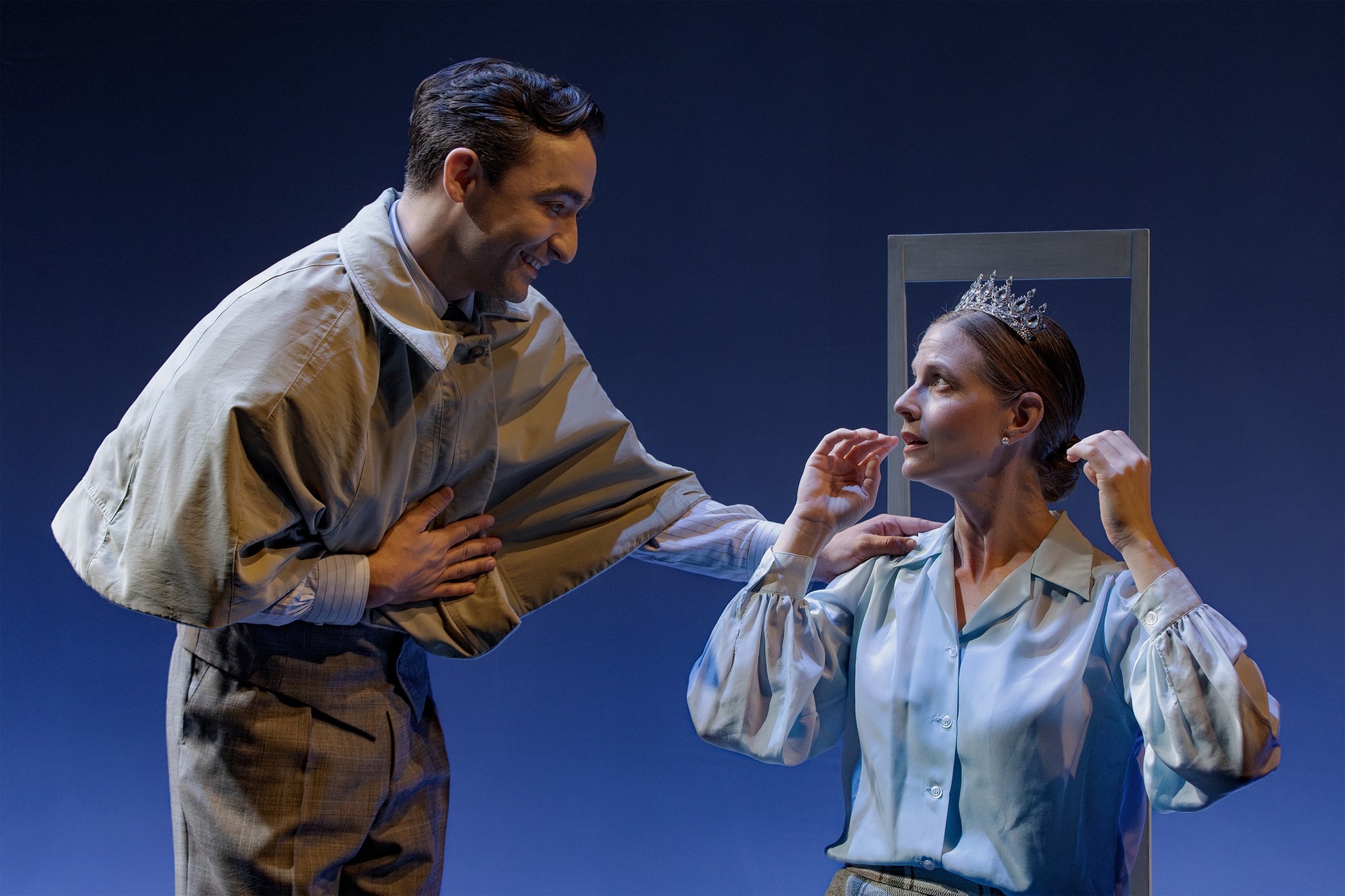
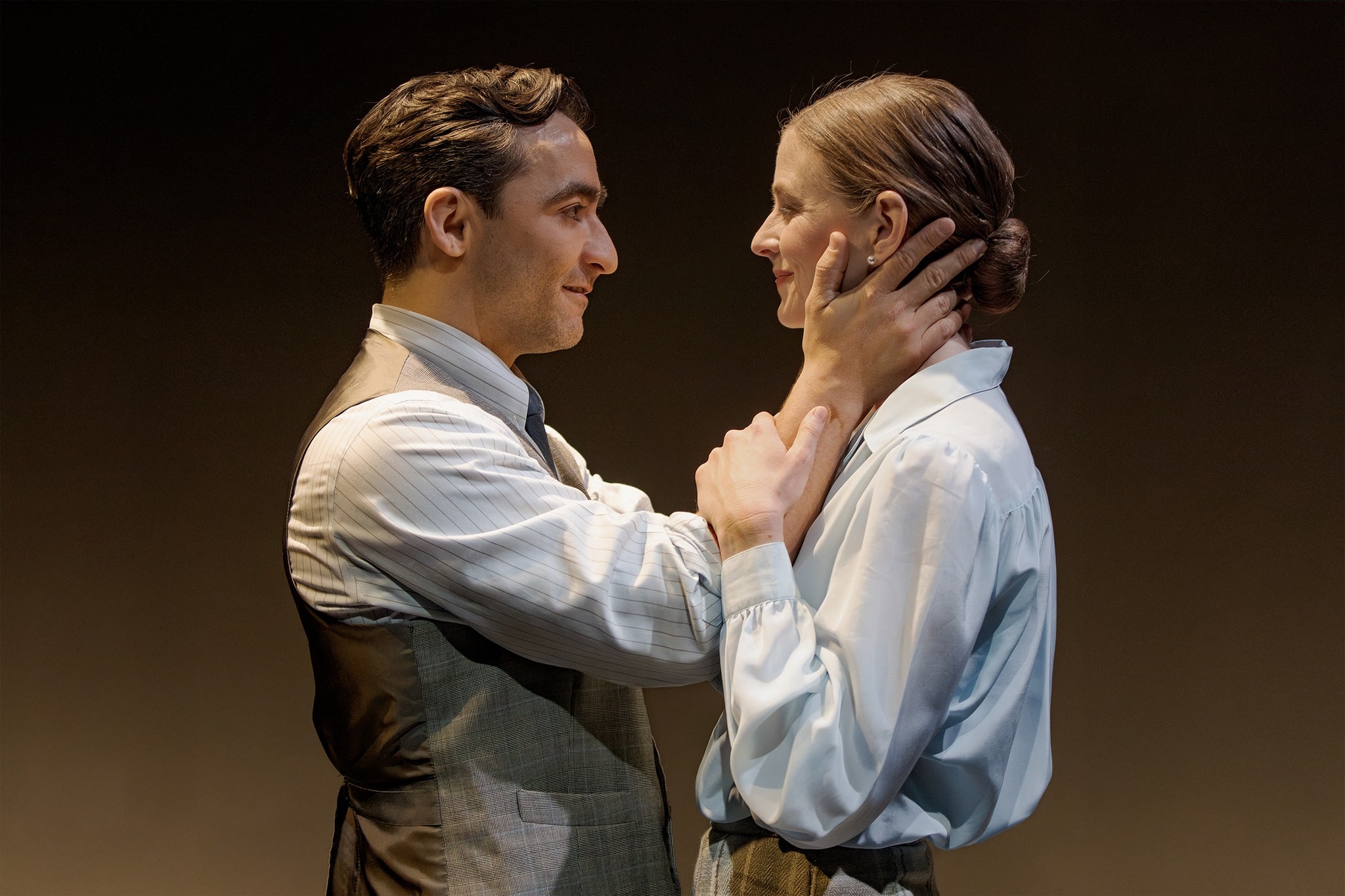
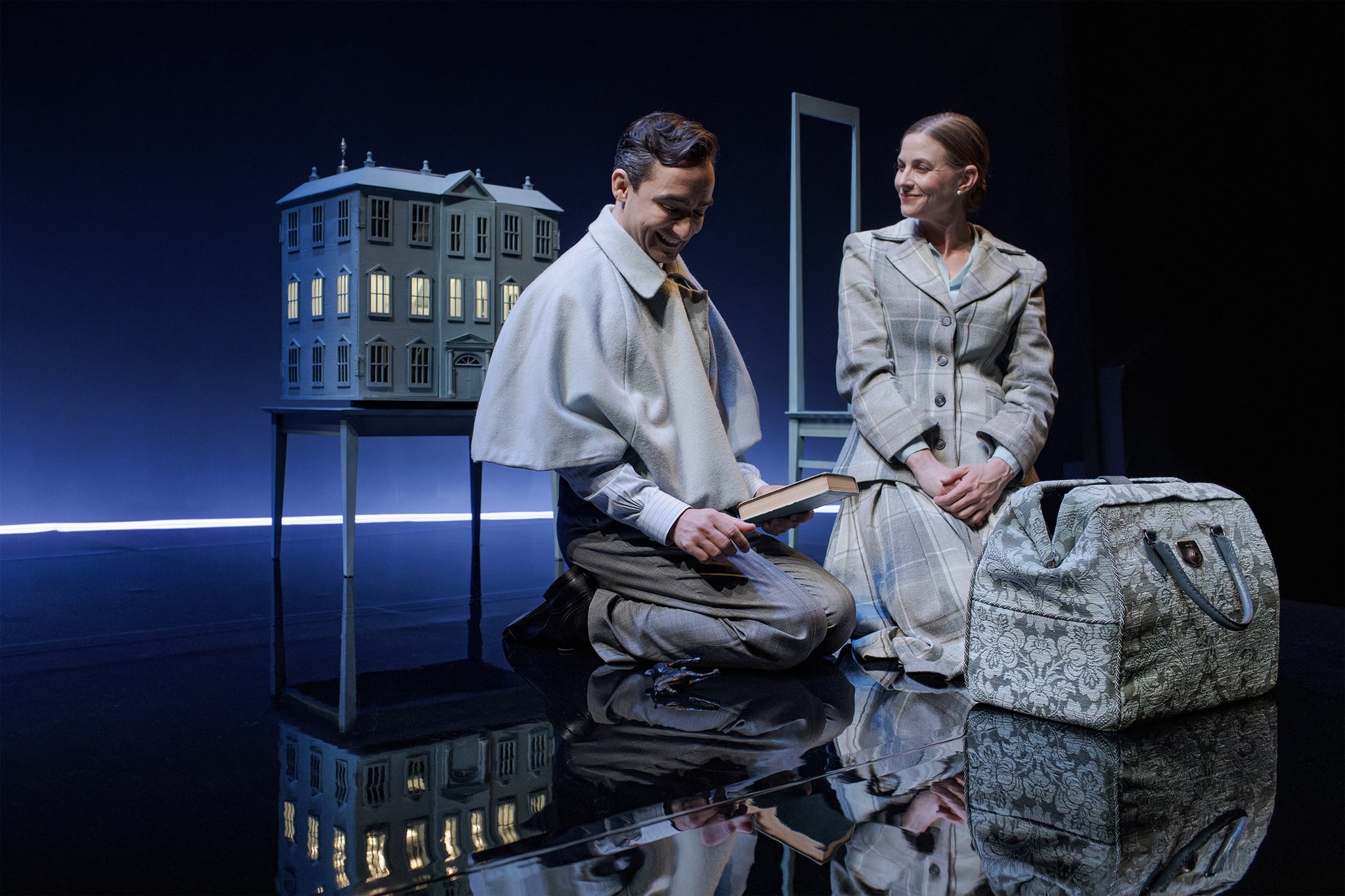
The emotions surrounding the trinkets and memories stored in her carpet bag, even after her employment ended, were suffocatingly genuine. It’s rare that anyone outside of the shared experience will understand the weight of the emotional value of letters, ticket stubs, a particular coin, etc., especially if there’s potentially a financial value to those items, and yet both Blackmore and Stokes captured that dynamic perfectly.
That’s not to forget the performance of Emma Palmer as the Queen Mother. It’s not easy to play a character with such polarity and complexity. Nor is it easy to capture the way responsibilities and internal torment can weigh on a person over time, but Emma Palmer managed to do just that. Initially a breath of fresh air and a beautiful comic, the Queen Mother began and ended as two very different people, as people in the public eye tend to do. As I said, it’s not easy to do, but I think somebody forgot to tell that to Emma Palmer.
Don’t miss this incredible show and group of exceptionally talented creatives. Tickets are available for the final few shows in Wollongong on the Merrigong website.
Book your tickets @ https://merrigong.com.au/shows/the-queens-nanny/
Photographer: Phil Erbacher
